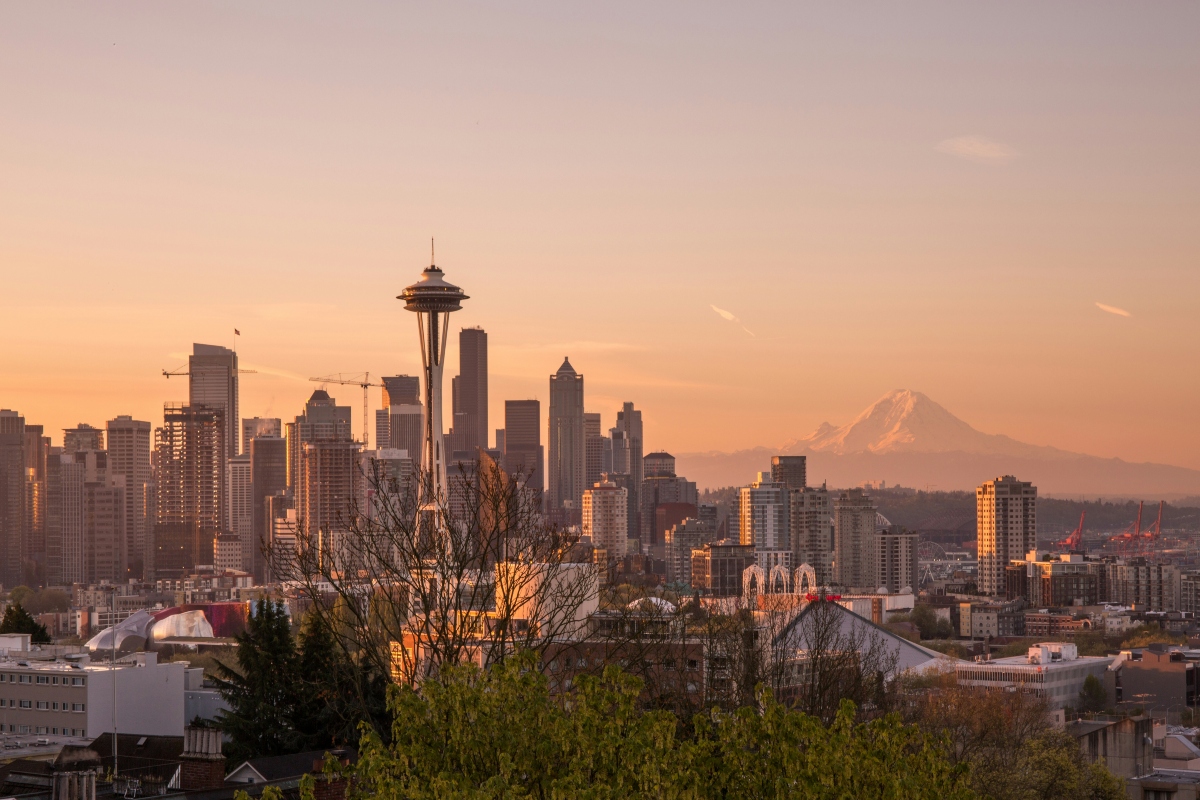Hotel employees in Seattle and Boston have joined the rising tide of strikes. The strikes continue to disrupt operations at big hotel chains and escalate labor disputes across the U.S. This development comes at a critical point in the current discussions between hospitality workers and hotel management. Hospitality workers and hotel management are demanding better pay, reduced workloads, and increased staffing.
Boston’s Historic Hotels Face Unprecedented Walkouts
The streets of Boston have become the latest battleground in this labor struggle. Workers from some of the city’s most iconic hotels joined the picket lines. On October 14, 2024, approximately 685 workers from the Omni Parker House and the Omni Boston Seaport hotels initiated an open-ended strike. This action is particularly noteworthy at the Omni Parker House, which has never seen a strike in its 170-year history.
These workers have joined forces with their colleagues from the Hilton Boston Logan Airport and the Hilton Boston Park Plaza, who began their strike a week earlier. The combined force of nearly 1,300 striking workers in Boston alone sends a powerful message to hotel management about the urgency of their demands.
Seattle Joins The Fray And The Nationwide Impact
Simultaneously, the labor unrest spread to Seattle, where about 300 workers left their jobs, per Skift. The strikes in Seattle are targeting properties such as the DoubleTree by Hilton Hotel Seattle Airport and the Hilton Seattle Airport And Conference Center. Unlike the open-ended strikes in Boston, the Seattle walkouts will last until October 19.
The strikes in Boston and Seattle are part of a broader national movement orchestrated by Unite Here, the hospitality workers’ union. The union has authorized potential walkouts for 40,000 workers across 22 North American markets before the end of the year. This strategy of staggered, localized strikes has proven effective in maintaining pressure on hotel chains while minimizing the long-term impact on individual workers.
The ongoing strikes have already affected operations at major hotel chains, including Hilton, Hyatt, Marriott, and Omni. Guests have reported service disruptions, including delayed check-ins. They also complained about limited amenities and reduced housekeeping services. These inconveniences serve to highlight the essential role that these workers play in the hospitality industry.
Workers’ Demands And Industry Response
At the heart of these strikes are the workers’ demands for livable wages, manageable workloads, and improved staffing levels. Many hotel employees argue that their workloads have increased significantly since the pandemic without corresponding increases in pay or support.
The hotel industry, still recovering from the impacts of the COVID-19 pandemic, faces a challenging balancing act. While acknowledging the importance of their workforce, hotel management must also consider the financial implications of meeting the union’s demands in an industry that has seen fluctuating demand and increased operational costs.





